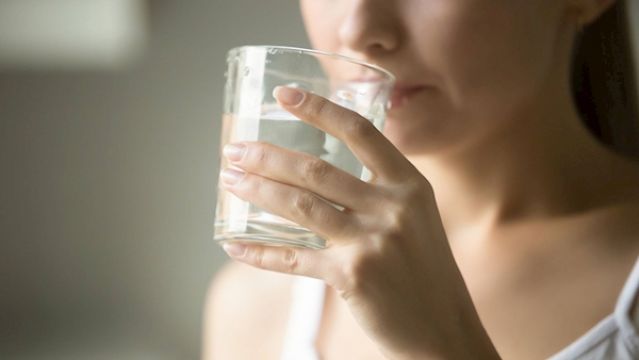THMs are usually formed as a result of adding chlorine to water and some studies suggest long-term exposure to high levels of the pollutant may be linked to cancer.
Irish Water tested 791 samples of drinking water this year to assess if they exceeded the allowed limit of the pollutant, with 59 samples failing the inspection across 13 different counties.
Many water supplies had multiple failures, with several in counties like Donegal, Clare and Louth.
Our view is that exposure to THMs should be minimised, and kept at an absolute minimum.
Dr Michelle Minihan, a senior inspector with the Environmental Protection Agency, said action would be taken to address the pollution levels.
“Our view is that exposure to THMs should be minimised, and kept at an absolute minimum,” she said.
“The way we’ve gone about addressing that is that where we identify supplies where the level of THMs in them is above the regulatory limit, and where that’s a persistent occurrence, we take action and add those to our remedial action list.
“That means that Irish Water has to identify an action programme to address the THM exceedances.”
Irish Water has said it has a programme in place to address all inadequacies in drinking water, including THMs.
A statement from Irish Water said: "THMs are formed by the reaction of naturally occurring dissolved organic material in the water and chlorine, which is used for disinfection purposes. Chlorination is an essential step in the production process to ensure harmful bacteria are eliminated from your drinking water. The clear advice from the HSE in relation to THMs and drinking water is that the "benefits of using chlorine to treat our drinking water are much greater than any possible health risk from THMs". This is also the position of the World Health Organisation (WHO) who state that “...adequate disinfection should never be compromised to control THMs". "
It said that when Irish Water's monitoring programmes detects THM levels above the allowable limit (100µg/L), it notifies the EPA and the HSE to ensure any potential risk to public health is fully risk assessed. "To date, a 'Do Not Drink' notice has not been imposed on any public water supply due to THM exceedances."
"In line with the requirements of the EU Drinking Water Directive, Irish Water is taking action to remove the risk of the formation of elevated levels of THMs in all public water supplies. We are progressing a programme to improve water quality through investment in water services infrastructure and are targeting specific Water Supply Zones where the risk of elevated THMs is highest. Irish Water is also upgrading and optimising the treatment processes at all water treatment plants across the country. This includes controlling the concentration of chlorine in the water, one of the key measures in controlling THM formation, as well as the reorganisation of networks and regular flushing of storage reservoirs and pipelines."







